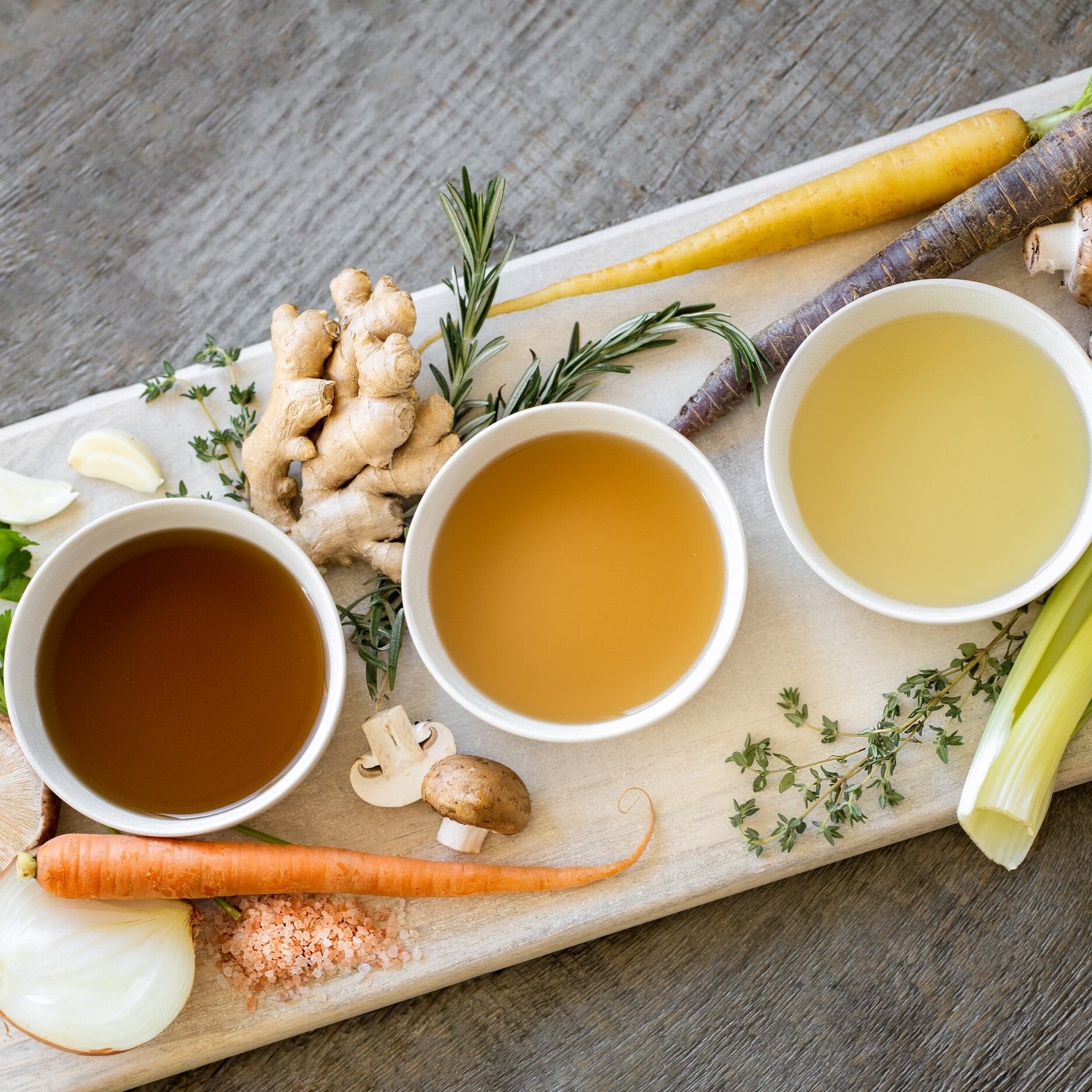What To Do When You Get Food Poisoning
Are you someone dealing with IBS currently who can think back to a time when you dealt with a memorable case of food poisoning?
REAL TALK: multiple research studies have shown that food poisoning increases the risk of post-infectious IBS and/or SIBO in the months to years following a food borne illness...to be specific: at least 60% of IBS-D (diarrhea-predominant IBS) originates from food poisoning!! (many thanks to Dr. Pimental for his ground-breaking research!) Giving your gut some extra TLC post food poisoning can possibly be a helpful preventative measure for problems down the road!
Check out my ‘dos’ and ‘don’ts’ of food poisoning recovery below:
Food Poisoning Recovery DOS:
Space meals every 4 hours
Food-borne illness can damage the tiny nerve cells that make up the MMC (the migrating motor complex) which supports intestinal motility (movements of the gut that allow for regular bowel movements and hence prevent bacterial overgrowth). Support your motility by eating regular meals with time between each one to give spaces of 'gut rest' between meal times vs. grazing all day (this includes drinks with stevia/sugar- they can halt the MMC!)
Replete minerals
Minerals can be lost in large quantities from increased diarrhea and/or vomiting. To add insult to injury, a body in a higher state of stress tends to dump cortisol into your system and quickly deplete sodium and magnesium levels. What are my favorite whole food sources to replenish your minerals? The key is to emphasize synergy with the macro minerals (sodium, potassium, magnesium, calcium) rather than prioritizing just one!
Ideas for Repleting Minerals
Drink bone broth like Kettle and Fire (rich in calcium, mag, and sodium!)
Make sure to regularly salt your food to taste and use a high quality salt (I like Selina Naturally); sodium gets depleted first in states of stress!
Drink and eat food-based sources of potassium like Harmless Harvest coconut water, butternut squash, potatoes, aloe vera juice
Take an Epsom bath for repleting magnesium (you'll absorb the magnesium via your skin because mag-rich foods are harder to come by!)
Choose cooked vs. raw foods
Plain and simple: raw vegetables and fruits require more digestive enzymes to break down and are less bioavailable to someone with an irritated gut; choose cooked foods that are simple without a lot of spice and ingredients-I recommend my Turmeric Chicken Soup made with bone broth.
Eat Polyphenols
Polyphenol-rich foods help promote butyrate production. Butyrate is the healing short-chain fatty acid that supports the repair and replenishment of the epithelial cells lining the gut and supports gut-brain communication.
Consume at least 1 food daily-> blueberries, pomegranate, cranberries, organic green tea (I like Pique green tea -use my code ‘grounded’) or try Organifi red’s powder-it’s one of my favorites to add a polyphenol blend to my smoothies!
Rest and Sleep
Rest and digest also means rest and repair! Focus on giving your body the rest it needs to repair because a body in 'fight or flight' (high stress) will prioritize the organs it needs to run from a tiger and survive and NOT your digestion and recovery.
Consider breath work and gut healing meditation practice via my stress management platform. I also recommend headspace or Yoga With Adriene meditations on youtube.
Consider Deeper Guidance
As mentioned above, the MMC (think: motility) can become damaged and disrupted from food borne illness exposure. I recommend working with a practitioner who understands the impact of food poisoning on the MMC, the vagus nerve, and how to support the gut-brain connection via supplements and lifestyle practices. For more info on how to support your gut-brain connection, check out my blog here.
I often recommend individualized gut repair and immune-boosting supplementation to support food poisoning recovery. Some of these include cod liver oil, curcumin, L glutamine, magnesium, colostrum, and immunoglobulins. Please ask your practitioner for support and guidance on dosing before starting any new supplements.
Food Poisoning Recovery DON'Ts:
Refined sugar, gluten, dairy
Let your gut rest and give these foods a pause for 2-4+ weeks following exposure because they tend to be less supportive of healing an irritated gut.
Alcohol and NSAIDs
Limit/avoid both alcohol and NSAIDs (like advil) where you can. These aren't helping your healing and can inflame the intestinal lining further!
Rushing at mealtimes
Take time to allow the cephalic (or 'brain phase') of eating to play catch up; slow down, sit down and think about chewing your food WELL (10-15 chews/bite). You're helping your intestines breakdown your food when it’s been 'predigested' by chewing and promoting enzyme activity in the mouth!
Intense workouts
These can increase cortisol spikes during a time when your body is already stressed out and can therefore slow down digestion and healing of the intestines. Pull back and prioritize walks and lower impact workouts like yoga, stretching or pilates.
Take care of yourself and your gut as you recover and be gentle while you heal. If you need more guidance or support on recovering from food poisoning, book a consultation with me here.




